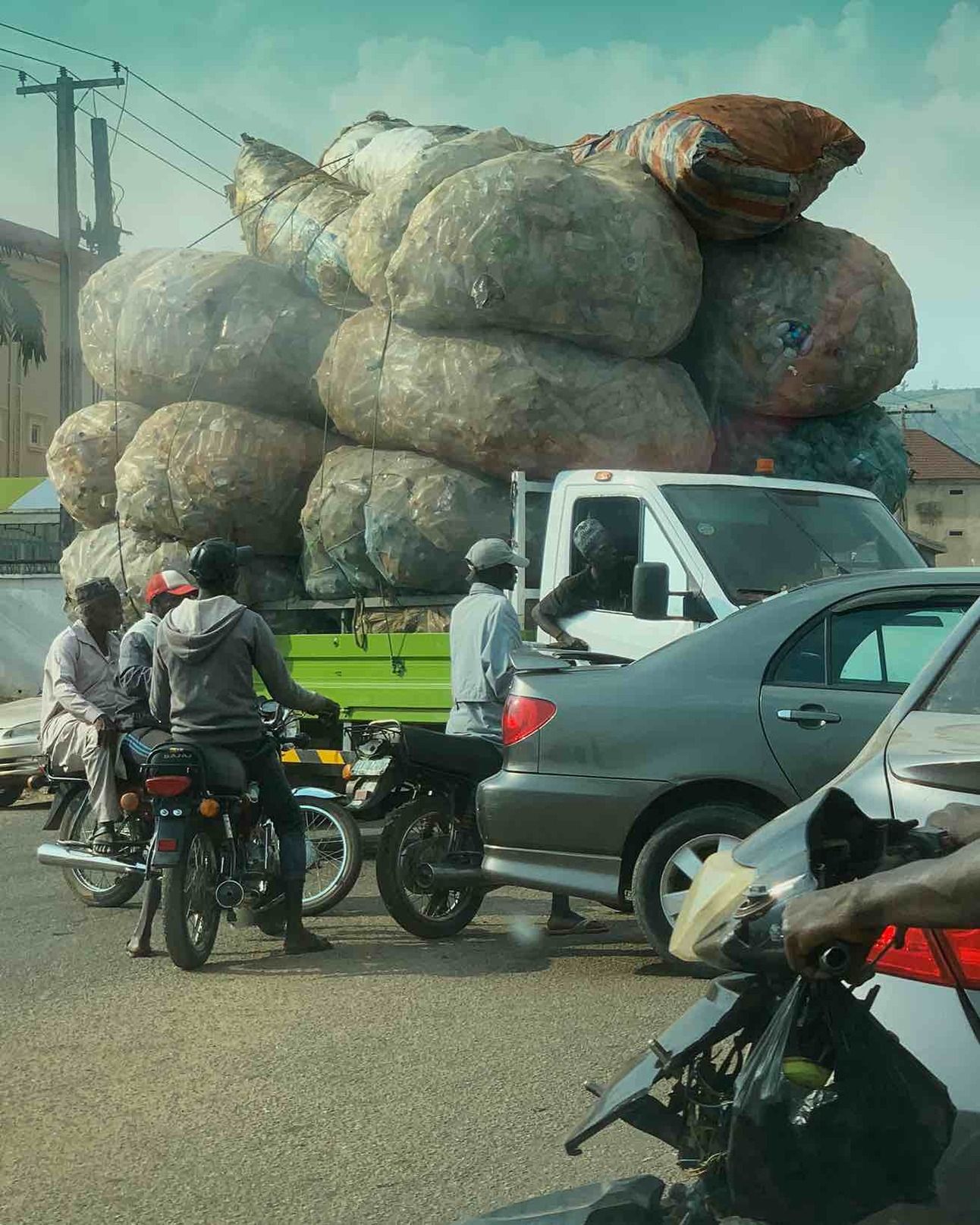It’s Wednesday morning across Nigeria as I hit send on this newsletter. This is Samuel Okocha, bringing you the latest edition of 234Digest. Today marks a special moment as we transition from our weekly staple to more frequent, snappy daily editions.
Yesterday, we celebrated Nigeria’s 64th Independence Anniversary, and today, I’m happy to be back in your inbox with the important headlines from Nigeria’s economy and business environment.
Our last edition went out two weeks ago as part of a reset to a more frequently updated newsletter. I’m ramping up efforts to manage my time and energy efficiently for the newsletter amidst other commitments as a multimedia journalist and full-time editor. Look forward to our deep dives every Sunday. Let’s get started!
Today’s briefs
Exxon Mobil’s big bet
Exxon Mobil Corp. is eyeing a $10 billion investment in Nigeria’s offshore oil sector, according to despite selling its shallow-water assets, according to the government. The focus is on the deepwater Owo project, aiming to boost oil output by 50,000 barrels per day with an annual $2.5 billion spend. Vice President Kashim Shettima discussed these plans with Exxon Nigeria chairman Shane Harris at the UN General Assembly.
Approval of Exxon Mobil’s asset sale
Meanwhile, President Bola Tinubu announced on Tuesday that Nigeria will soon approve Exxon Mobil Corp.’s sale of its oil and gas assets to Seplat Energy Plc. This divestment, expected to receive ministerial approval shortly, is anticipated to boost oil and gas production, positively impacting the economy.
World Bank’s financial boost
In another significant development, the World Bank approved a $1.57 billion financing package for Nigeria, targeting health, education, and sustainable power. The funds include $500 million for health and education, $570 million for primary healthcare, and $500 million for power and irrigation projects. Dr. Ndiamé Diop, the World Bank Country Director for Nigeria, emphasized the critical importance of investing in health and education to improve future employment opportunities and productivity, particularly for women and girls.
Central bank’s rate hike
Lastly, Nigeria’s central bank last week raised its benchmark lending rate by 50 basis points to 27.25% to combat persistent inflation. This is the fifth rate hike this year, reflecting the bank’s focus on controlling inflation amid a severe cost-of-living crisis.
Quote of the day: “The best preparation for tomorrow is doing your best today.” – H. Jackson Brown, Jr.
Photo of the day

A typical day on the outskirts of Abuja: A truck laden with towering sacks of plastic bottles dominates the gridlock, flanked by three commercial cyclists. In the foreground, another cyclist waits patiently on his motorbike, capturing the hustle and bustle on the fringes of Nigeria’s capital. Photographer: Samuel Okocha/234Digest
And that’s a wrap. Thank you for reading today’s edition of 234Digest. If you’re new here, consider subscribing to future editions to stay updated with the latest news and developments on Nigeria’s economy and business environment. Wishing you all a happy new month! Stay tuned for more updates in our next edition. Have a great week ahead! And don’t forget, our deeper dives will continue every Sunday.

